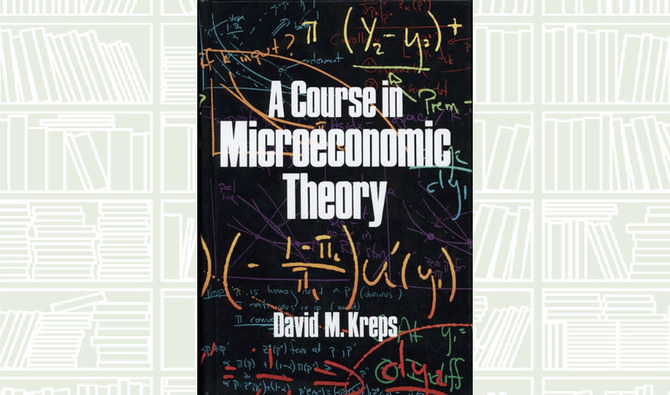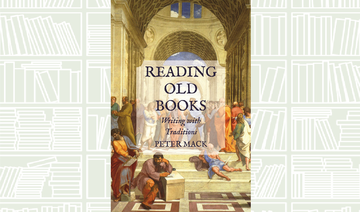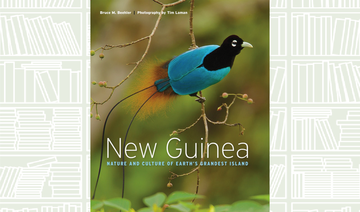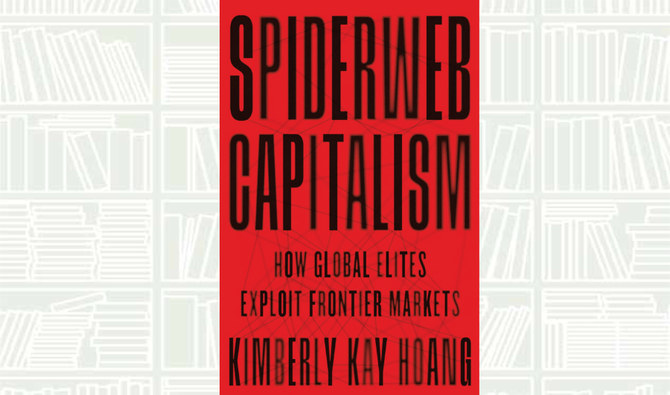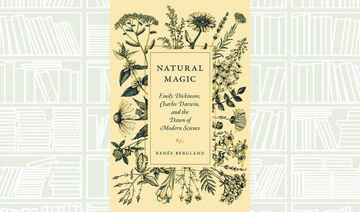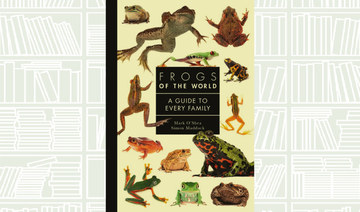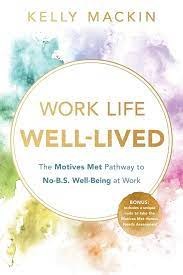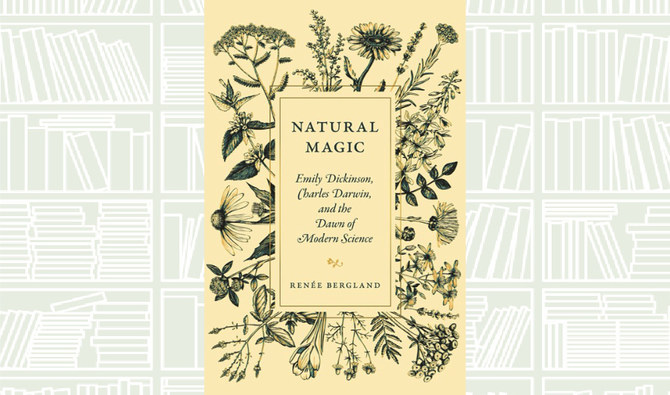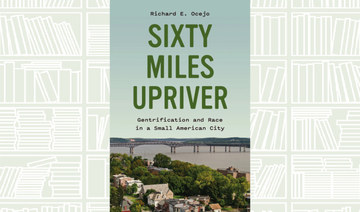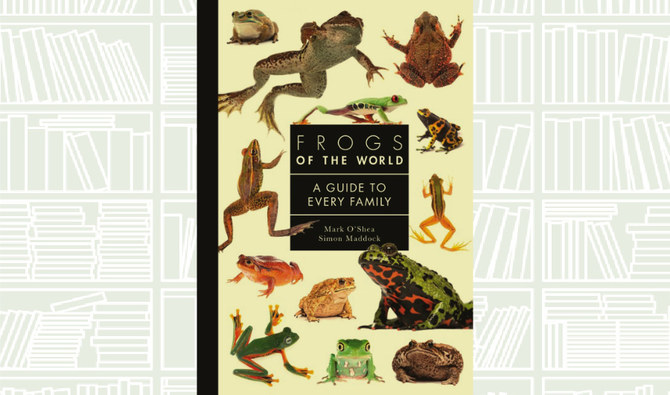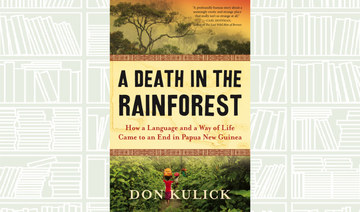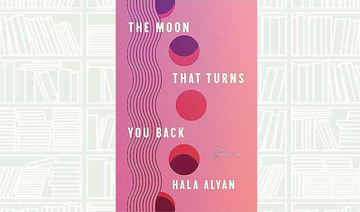Author: David M. Kreps
David M. Kreps has developed a text in microeconomics that is both challenging and “user-friendly.” The work is designed for the first-year graduate microeconomic theory course and is accessible to advanced undergraduates as well.
Placing unusual emphasis on modern noncooperative game theory, it provides the student and instructor with a unified treatment of modern microeconomic theory — one that stresses the behavior of the individual actor (consumer or firm) in various institutional settings. The author has taken special pains to explore the fundamental assumptions of the theories and techniques studied, pointing out both strengths and weaknesses.
The book begins with an exposition of the standard models of choice and the market, with extra attention paid to choice under uncertainty and dynamic choice.
General and partial equilibrium approaches are blended, so that the student sees these approaches as points along a continuum.
The work then turns to more modern developments. Readers are introduced to noncooperative game theory and shown how to model games and determine solution concepts. Models with incomplete information, the folk theorem and reputation, and bilateral bargaining are covered in depth. Information economics is explored next. A closing discussion concerns firms as organizations and gives readers a taste of transaction-cost economics.



